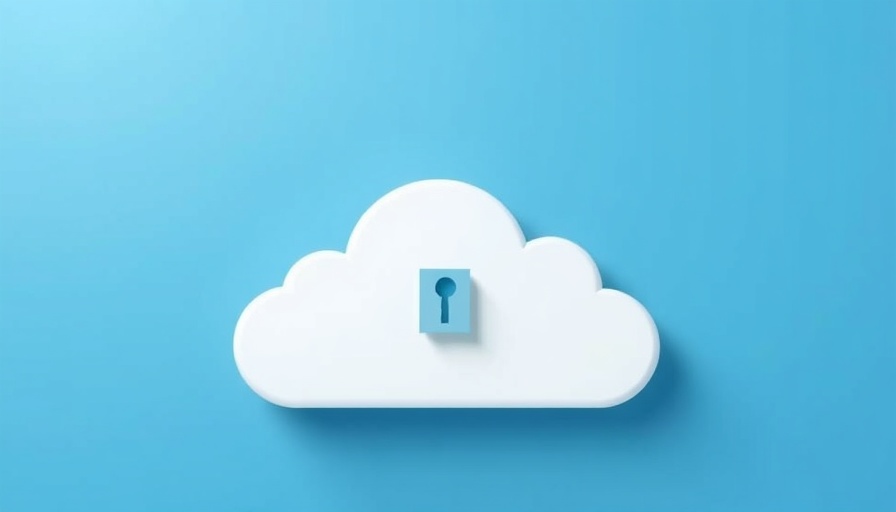
A Legal Win for Competition: Apple's Antitrust Challenge
On June 17, 2025, a California district court made a significant ruling against tech giant Apple, denying its request to dismiss a class action lawsuit regarding its iCloud service. The lawsuit alleges that Apple engages in anti-competitive practices by compelling users to store data exclusively with its iCloud service, thus significantly limiting users' options and impacting competition within the cloud storage market.
The lawsuit revolves around claims that Apple has created a monopoly in the cloud storage sector, particularly for iPhone users. Plaintiffs argue that while Apple's iCloud service may allow backups for media files and documents, it restricts the core data—essential for complete device restoration—from being used by other cloud services. This restriction is central to the claim that Apple isolates its user base to benefit its own services at the expense of potential competitors.
The Impact of Apple's iCloud Strategy
The implications of this ruling could affect millions of Apple users and reshape the cloud storage landscape. This case raises fundamental questions about consumer choice and how tech companies can design their ecosystems. With Apple controlling access to critical device data, potential rivals cannot fully compete, which raises issues of market fairness.
Apple, in its defense, argued that limitations on access to sensitive device data are justified by security and privacy concerns. The company's motion to dismiss highlighted that these constraints are meant to protect users from potential data breaches and enhance data security. While these concerns are valid, many critics argue that such justifications mask a more problematic monopoly situation, limiting user autonomy.
Historical Context of Antitrust in Technology
The ongoing legal battle reflects a broader trend in the technology sector, reminiscent of historic antitrust cases against major companies. Just as Microsoft faced scrutiny in the late 1990s for its monopolistic practices in software, Apple is now under the microscope for potential anti-competitive strategies in the cloud storage market. The outcome of this case could set a precedent for how tech companies operate, balancing innovation with consumer protection.
Voices From the Industry: Perspectives on Innovation and Competition
The reaction from industry experts and stakeholders has been mixed. Some believe that a ruling in favor of the plaintiffs could empower users and inspire healthier competition among cloud storage providers. Others caution this might discourage innovation as companies may fear legal repercussions for their operational structures.
One expert articulated that "If Apple is forced to change its cloud storage policies, it may spur other companies to innovate to carve out their own niches in the crowded tech landscape." Meanwhile, others argue that stringent regulations might stifle the very innovation that led to improvements in user experience and security.
Current Events: How This Fits into the Tech News Landscape
This antitrust case comes at a time when tech giants are facing increasing scrutiny not just in the U.S. but globally over their market practices. With regulators in Europe and the U.S. looking at various tech companies regarding similar concerns, the outcome of Apple's case may provide much-needed clarity on the intersection of technology and antitrust laws.
As tech news continues to evolve, this case is emblematic of a shift towards greater accountability in the technology sector, emphasizing the importance of competition and consumer rights.
The Road Ahead: What This Means for Apple and Consumers
The court's decision signifies a critical juncture for both Apple and its users. If the plaintiffs succeed, it could lead to enhanced competition in cloud services, offering users more choices and potentially lowering costs as multiple providers strive to attract customers. On the flip side, it raises concerns for developers and companies dependent on the Apple ecosystem, who may face new challenges in navigating an evolving market.
For consumers, this ruling is not just about data—it's about control over their digital lives. Empowering users with more choices can lead to better products and services, emphasizing the need for a competitive marketplace.
As the legal battle unfolds, tech enthusiasts, consumers, and industry professionals alike will be watching to see how Apple's cloud strategy may pivot to meet both legal expectations and consumer demands.
 Add Row
Add Row  Add
Add 



Write A Comment